(You can also listen to this piece as podcast - either through the link above or via Spotify or Apple Podcasts, as well as the Substack app)
If you’ve ever found yourself questioning why you’re feeling resentful and frustated about something,
Or if you’ve ended a week wondering how you ended up so overcommitted again…
You’re definitely not alone.
And if you’ve been telling yourself you “just need to get better at boundaries,” I want to offer something different. Because boundary challenges aren’t usually about saying no or even about being more confident.
They’re often about clarity and self connection.
Why Boundaries Fail (It’s Not What You Think)
So often, we start with the boundary itself
We try to put up limits — “No work in the evenings.” or “No extra shifts this month” without defining why or what our boundaries are for.
And if you don’t know what your boundaries are protecting, like your values, your energy, your health, relationships, then it’s harder to uphold those boundaries.
And here’s the twist most people don’t talk about:
A lot of the time, it’s not other people who challenge our boundaries. It’s us.
We override our own needs and flex and bend ourselves to meet everchanging expectations - of both other people and ourselves. We might have learnt to be:
The ‘Good Girl’
The Reliable One.
The Resilient One who can handle anything.
‘The Helper,’ who puts everyone else first….
….amongst others.
And while these roles might have helped you to get to where you are now, they often they come at a cost, usually to our own wellbeing and happiness.
Boundaries aren’t black or white
One of the most freeing realisations that we can have around boundaries is that they don’t have to be black or white. They can be flexible, creative and even expansive.
Sometimes they sound like:
“Not right now.”
“I can do this, but not like that.”
“Here’s what I can offer instead.”
But here’s the catch: This kind of reflective, generative thinking is almost impossible when your nervous system is under pressure. When you’re in burnout or survival mode, you can’t see options. And this can keep you stuck in the loop of black or white thinking, increasing stress levels even further - which is why supporting your nervous system matters so much.
And in the episode, I also share two practices - The Boundary Compass Check and Decode the Discomfort.
So do check the episode out if you’d find this helpful, or share with someone you know who you think would benefit from listening.
As I mentioned, this is the final episode in this first season of The Burnout Revolution podcast. Season two will be coming towards the end of 2025/early 2026 so stay tuned! If you’ve enjoyed listening, I’d love it if you left a super quick review of the podcast over on apple podcasts - thank you so much!
I’m going to be taking a pause from writing monthly here for now due to other commitments (although I may pop in intermittently!) but hope to be back writing regularly from November.
Thank you for all of your support,
Rachael x
PS. We move further and faster with professional support. I’m still seeing clients as usual, so if you’d like to find out more about my Shine Bright 1-1 coaching programme, you can find out more here.
How else I can support you:
Dive into the archives and read all the previous pieces here
The Career Wellbeing Scorecard is short quiz that gives you a snapshot of your overall work and personal wellbeing. It takes 3 minutes (or just under) and you will get sent a link to a self-coaching workbook afterwards that helps you to understand how to nurture and grow your score.
1-1 coaching: Evidence-based coaching for professionals that supports you to live and work in a way that feels good - and allows you to be the person you want to be - instead of always feeling busy, burntout and being consumed by your to-do list. If you’d like to find out more, check out my Shine Bright coaching programme here. If you’d like to discuss working together, you can book in for an enquiry call here.
Outside of my coaching work - I work privately as a GP and menopause specialist at Manchester Menopause Hive, seeing patients remotely by videolink. I offer individualised and evidence-based care that supports hormonal health. I also provide talks and educational events around women’s health to organisations and groups - do get in touch if you’d like to discuss arranging a talk or workshop.




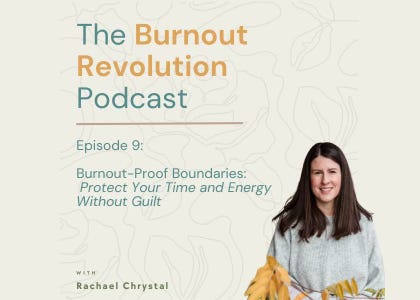
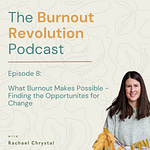


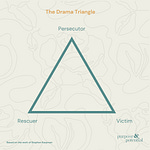
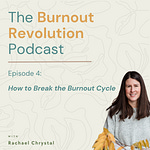
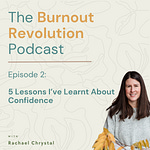
Share this post